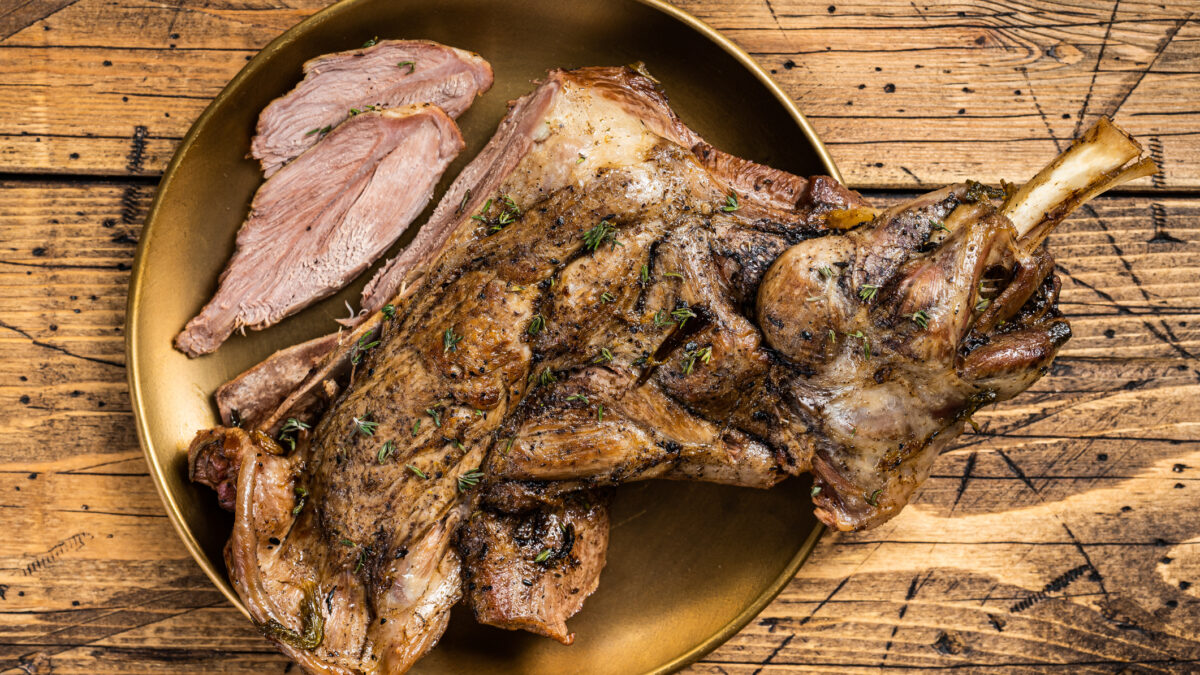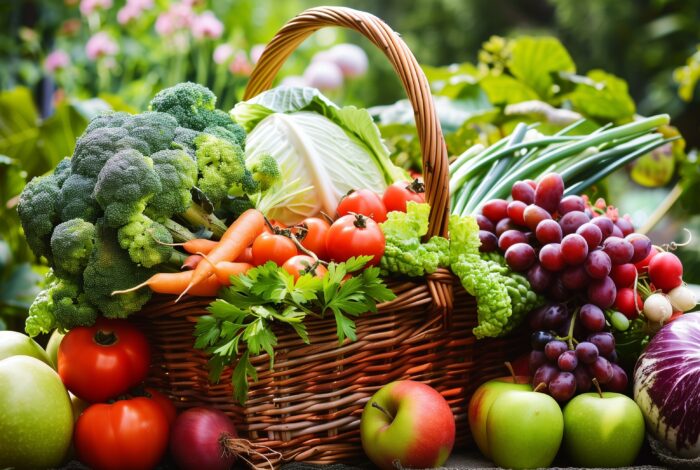Greek livestock farming and the role of meat in Greek cuisine are deeply intertwined with the country’s history, culture and dietary habits. Due to its diverse geography, Greece has developed a variety of livestock practices and breeds that have shaped its culinary traditions and dishes, with meat being a key ingredient in many traditional recipes. Along with olive oil, vegetables, herbs and aromatic plants, meat contributes to the essential flavours of Greek cuisine.
Greek livestock farming has a long tradition and is particularly adapted to the country’s climate and topography. Its focus is on the rearing of small and large animals, with the main species being sheep, goats, buffalo, cattle and pigs. The country’s rugged landscape – the dry and rocky areas – has contributed to the development of resilient breeds that thrive in challenging environments.
Meat is also an important part of Greek holiday traditions. During major religious celebrations such as Christmas, Easter, and the Resurrection, spit-roasting and grilling of meat are integral parts of the festivities. Meat is also served at traditional social events, such as weddings, baptisms and local festivals, where food is an essential part of hospitality.
The exceptionally high quality of Greek meat is directly linked to traditional livestock farming practices, the animals’ natural diet, and the country’s climate, all of which contribute to the production of meat with unique characteristics. In addition to its superior quality, Greek meat benefits from certifications and designations of origin that guarantee authenticity, quality, and safety. Greek livestock farmers adhere to strict regulations to ensure the production of premium-quality meat. Certifications such as Protected Designation of Origin (PDO), Protected Geographical Indication (PGI), HACCP, and organic farming standards provide assurances regarding the authenticity, safety, and quality of the meat.
Greek livestock farming and meat undeniably hold a central place in the country’s cuisine and cultural heritage. Whether lamb, pork, beef, or goat, meat is deeply connected to social gatherings, traditions, and celebrations, defining the flavour and authenticity of Greek dishes.










